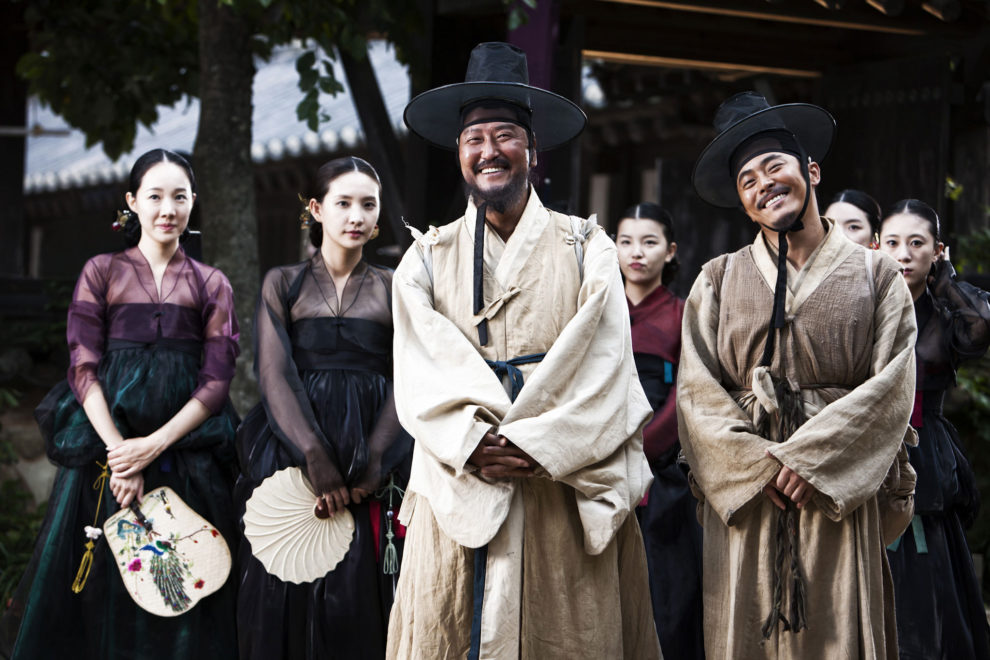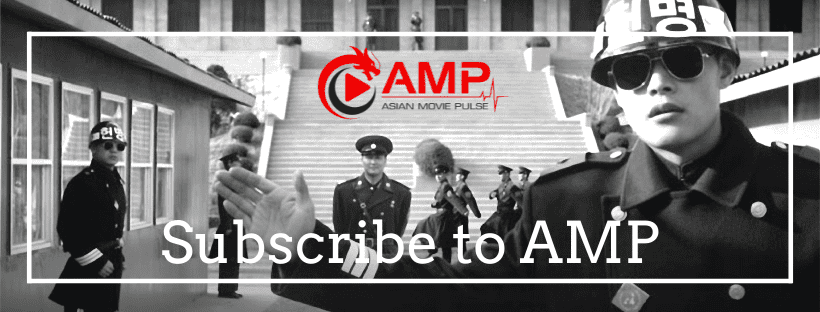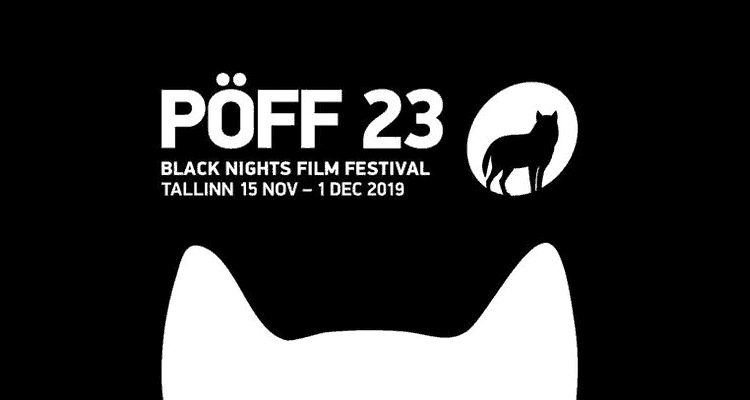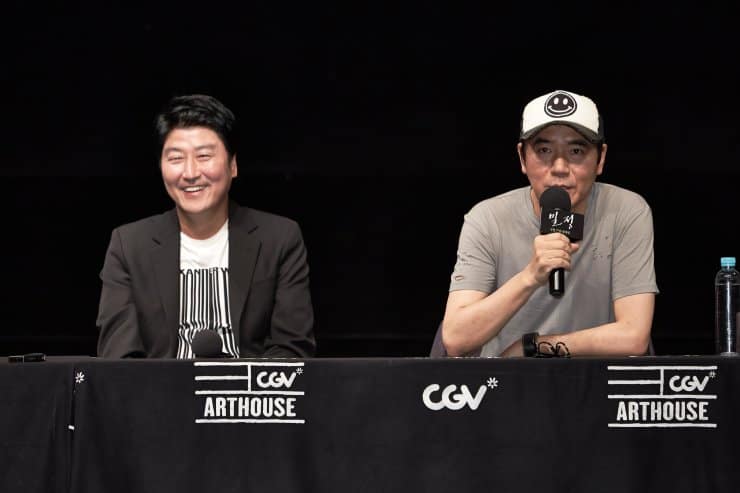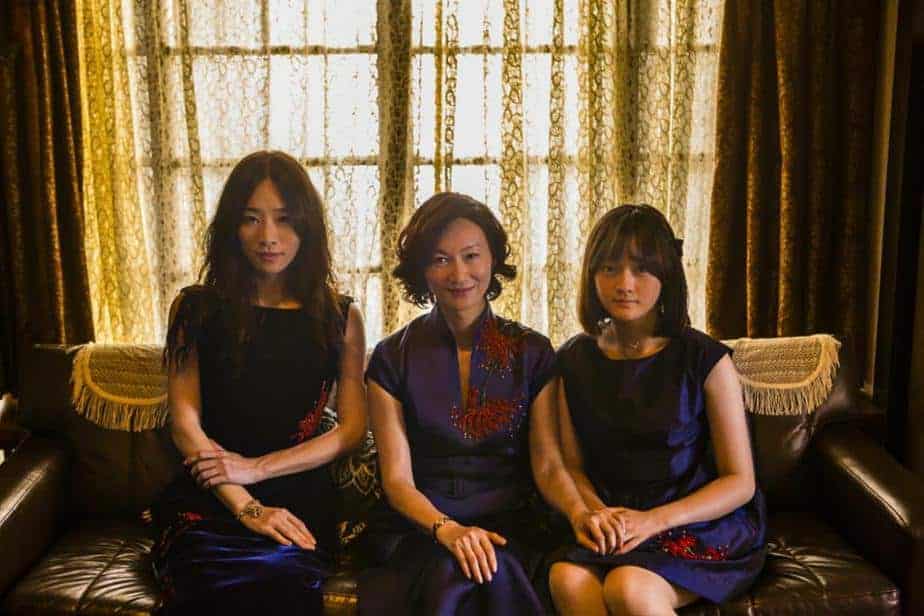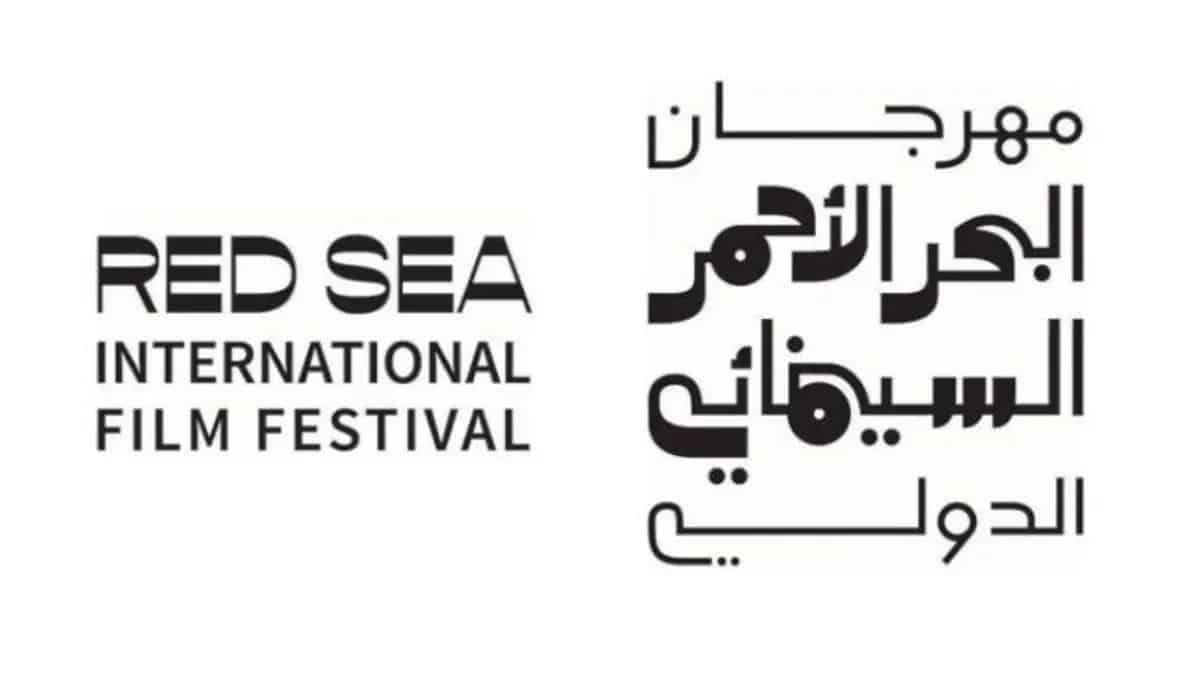Six years after his last feature “The Show Must Go On”, Han Jae-rim managed to make his overall third work “The Face Reader”, a period drama set during the Joseon dynasty, again starring Song Kang-ho in one of the leading parts. While his previous movies were certainly praised by audiences and critics alike, his third effort was his most successful one, both commercially and critically, winning major awards at the 50th Grand Bell Awards, the 34th Blue Dragon Awards and the 33rd Korean Association of Film Critics Awards, to name just a few. Apart from focusing on the power politics and scheme-making among the rulers of the time, the story is also part of a film project centered around Korean fortune-telling traditions, and was followed by “The Princess and the Matchmaker” as well as “Feng Shui”.
“The Face Reader” is screening at Florence Korea Film Festival
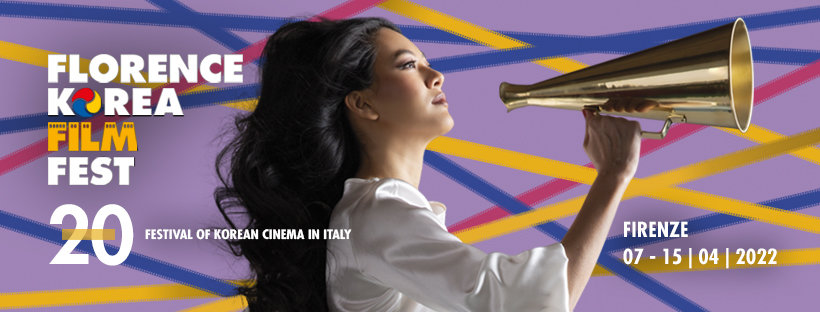
Skilled face reader Nae-gyeong (Song Kang-ho) lives with his brother-in-law Paeng-heon (Jo Jung-sek) and his son Jin-hyeong (Lee Jong-suk) in the rural parts of Korea, mostly isolated from any major settlement, apart from a few sparse visitors wanting to buy their brushes. Ashamed of his father's talent and his inability to make a living, Jin-hyeong one day leaves to apply to become a government official. Disappointed and saddened by the event, Nae-gyeong decides to take up an offer by Yeon-jong (Kim Hye-soo), a courtesan, to become one of her main attractions of her establishment. However, after a night of heavy drinking, the face reader finds out he has been tricked into working almost all day from now on for every costumer, making very little money.
One day, he managed to help in a murder investigation, resulting in a different kind of clientele now looking for his services. In the end, even King Munjong (Kim Tae-woo) becomes a customer, demanding the face reader to observe the members of his court for possible traitors, who might be looking to kill him or his heir to the throne. While Nae-gyeong enjoys the pay as much as the fact of his talent being appreciated, he soon finds himself in the middle of a power play among the king's advisor and Prince Suyang (Lee Jung-jae). Also, his dangerous talent which could expose the traitor among the king's men has come to the attention of many, endangering his life and his son too, who has managed to become an official at court after all.
Given the concept of the period drama, you can certainly expect the almost unavoidable theme of power plays and schemes, but Kim Dong-hyuk's script may offer some surprising twists as the story also focuses on the idea of powerlessness and even destiny. Only few actors can portray being helpless as convincing as Song Kang-ho, since his character in “The Face Reader” only seemingly holds all the cards up his sleeve considering his talent, but ultimately finds himself a mere pawn in a much bigger plot which has been planned for quite some time. Similar to many the other characters who rely on their individual talents or their status, the realization of their powerlessness, expressed through the idea of being blind, becomes one the underlying themes of the feature, adding to its dramatic impact and suspense.
At the same time, the concept of face reading becomes a stark contrast to the world of the court. As highlighted through the cinematography by Go Nak-seon, it is a microcosm following its own set of rules, one which the outsiders, the face reader and his family, neither understand nor follow, manifesting the social hierarchy of the times. Frequently you will follow the process of Nae-gyeong reading a person's face, judging one's character and true nature by facial features, similar to a Korean version of Sherlock Holmes. The belief in truth and virtue makes him both powerful and powerless, a dangerous paradox in a world where no one shows his/her true face and one that does not have an agenda besides the aforementioned concepts, thus making himself vulnerable.
While its themes, its cinematography and its performances are most certainly top-notch, at a running time of a little over two hours, Han Jae-rim's feature somewhat overstays its welcome. With some plot points having reached their logical (and emotional) conclusion) before, the final act is also a collage of exaggeration and pathos, with the last 15 minutes easily being the weakest aspects of an otherwise quite solid movie.
In conclusion, “The Face Reader” is a great period drama about power and powerlessness. Han Jae-rim manages to direct a feature, which, despite some flaws, is wonderfully acted and photographed, capturing the microcosm of the rich and the powerful, as well as their schemes and plots.


